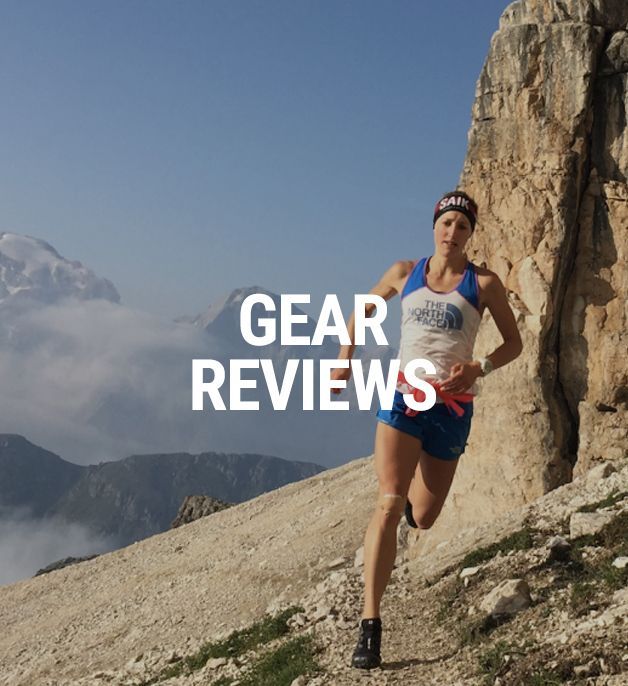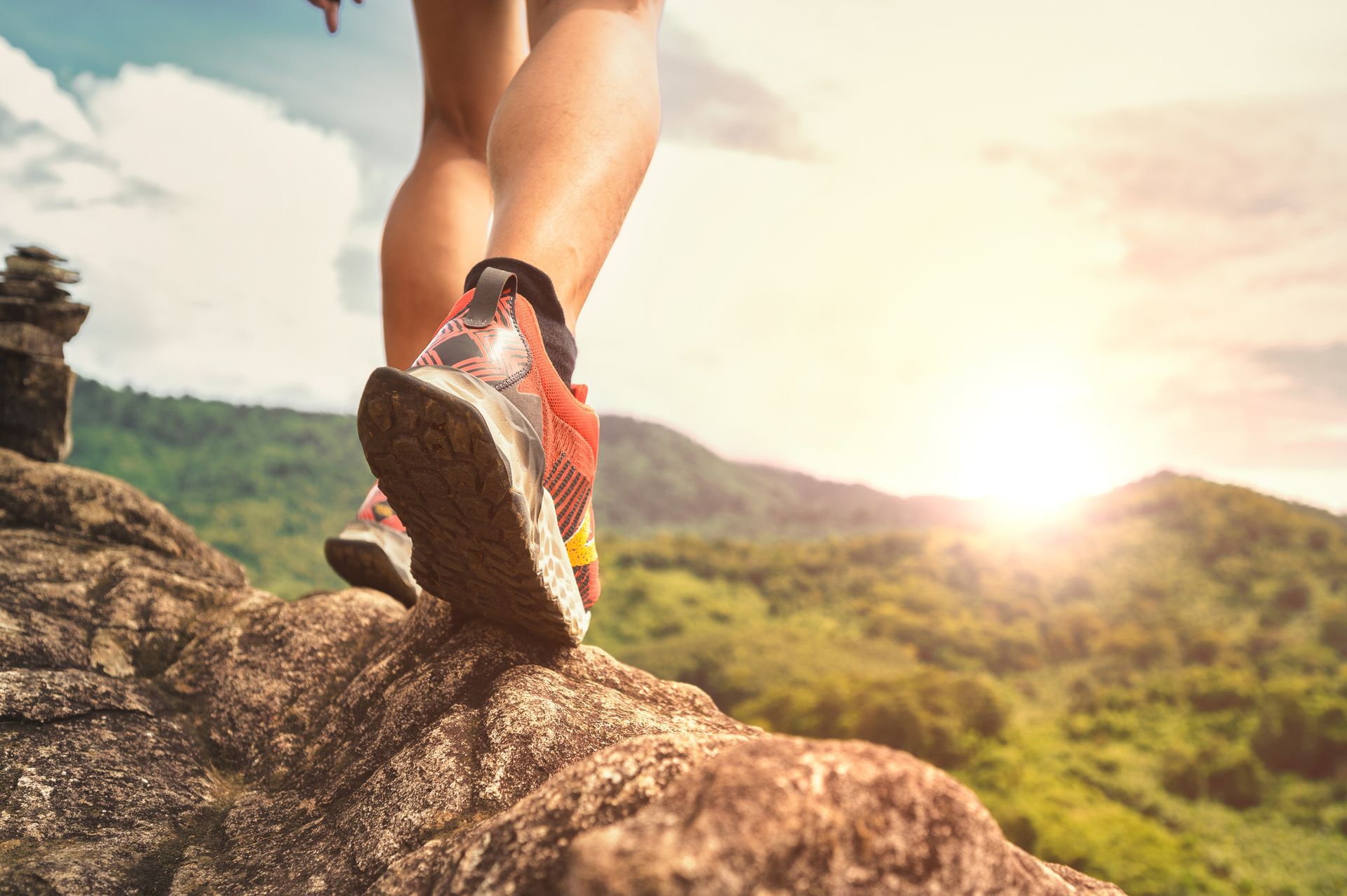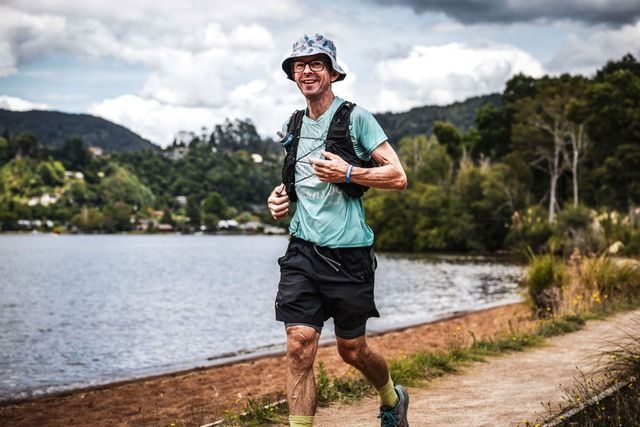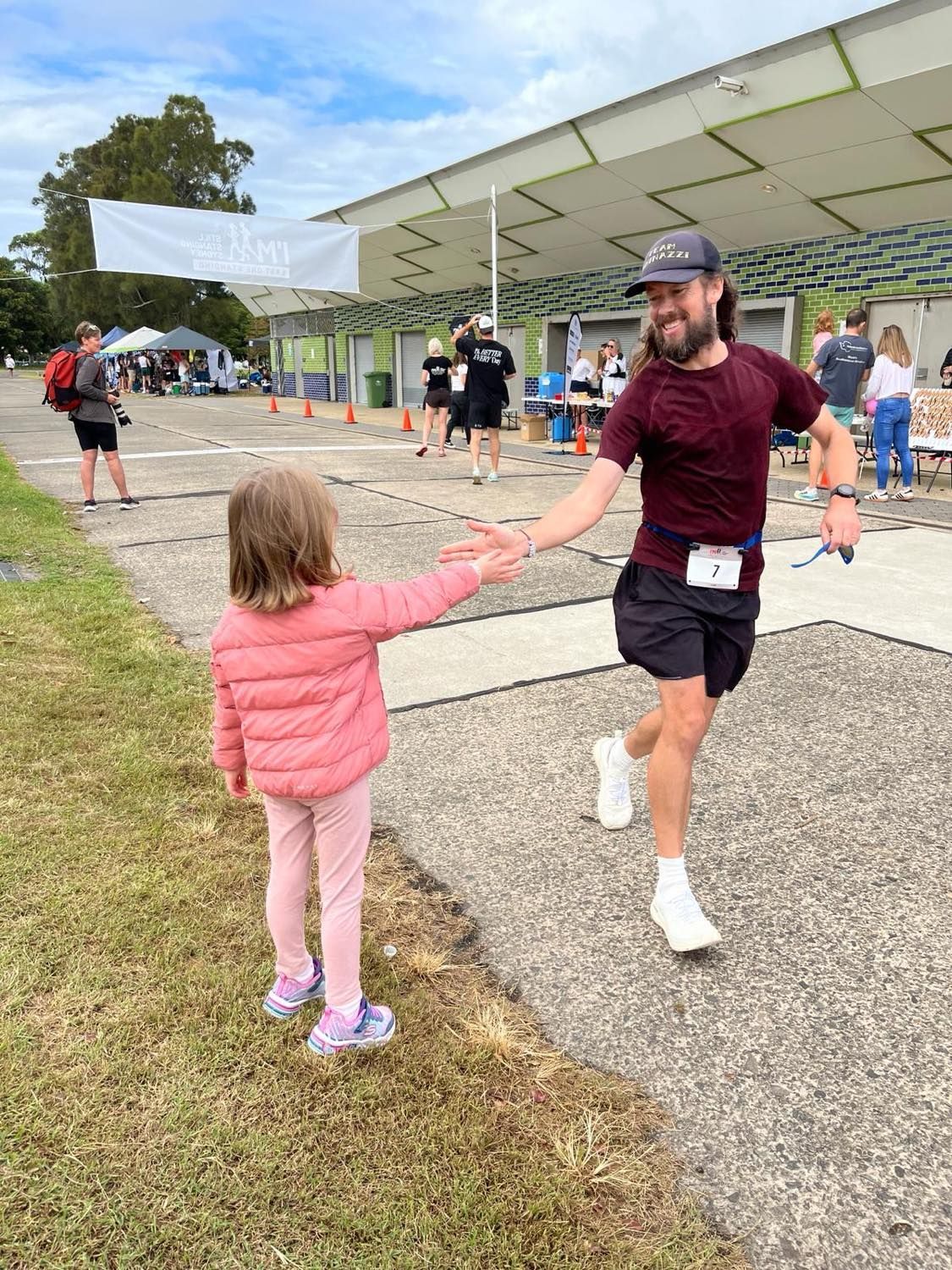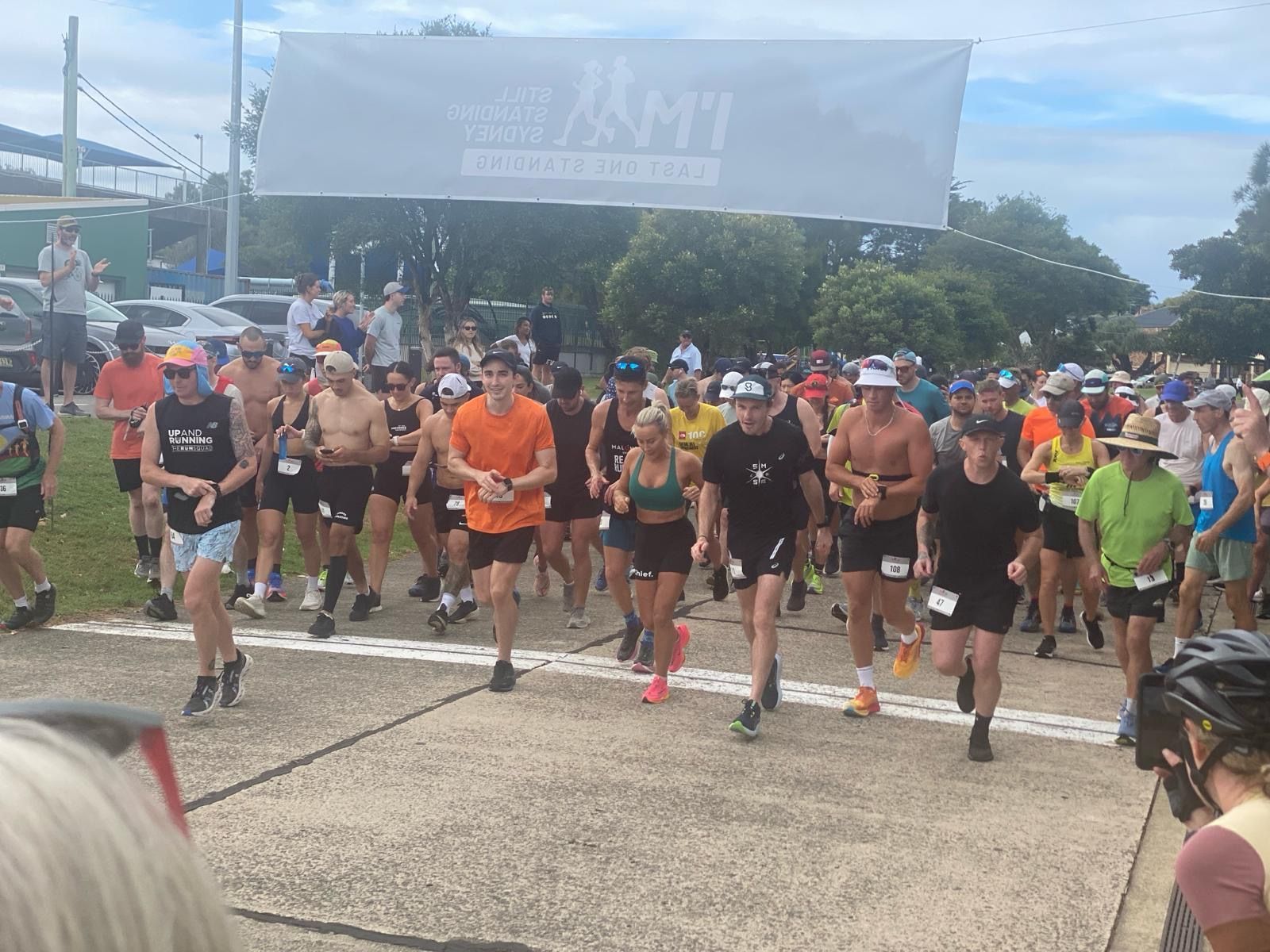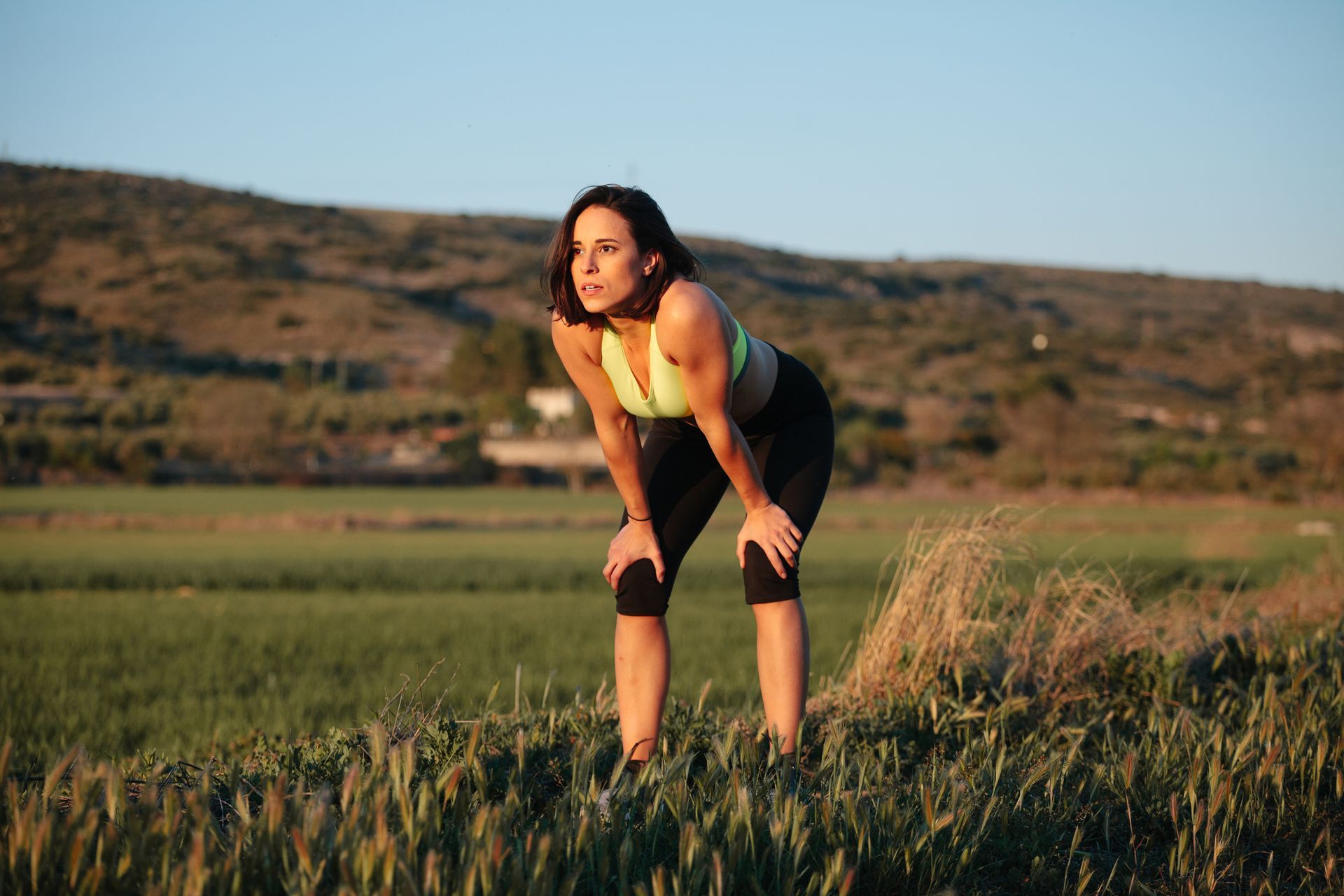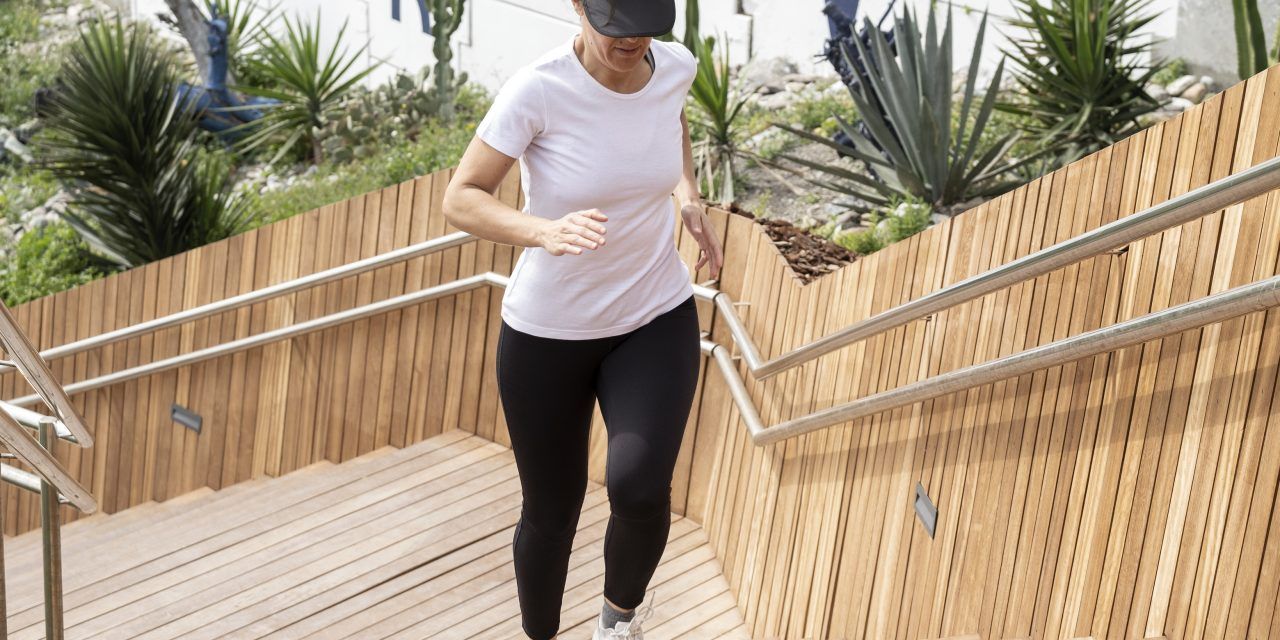
THE ULTRA WOMAN’S GUIDE TO MENOPAUSE
By Simone Hayes, AURA Treasurer
After the success of our Women in Ultra Running Webinar held recently, we looked back through our notes to see what was one of the most asked questions and topics that women really wanted to discuss more.
Whilst we hope to deliver a webinar next year on this topic, we thought we would give you some insight into the effects of Running and Menopause, how it may affect your ultra goals and the possible limitations during this period in your life. We also look at how to overcome many of the symptoms of this very natural occurrence that women go through.
I will count up the amazing number of benefits running during the ‘Change’ provides throughout this article by placing the number in a bracket, so look out for them!
Please note, this is a pretty broad topic so we will not cover it all however, it will give you some confidence to continue your running if you are experiencing peri-menopausal/menopause symptoms, help you understand more about what is happening to your body, explain why you may feel like crap, and also confirm how continuing to run is going to help alleviate many of your symptoms!
The ‘Change’
Around 40 years of age our bodies wind down from wanting to make babies to going through peri-menopause and finally menopause. Your ovaries start producing less oestrogen and progesterone, therefore menstruation becomes irregular until it eventually stops. Besides this pain in the butt process, the drop in these hormones effect more than just your reproductive system.
Oestrogen strengthens bones, so this drop will have an effect in your bone density which is something running, as a weight bearing exercise, can help conquer. Women can lose up to 20% of their bone density in the first 5-7 years post menopause! The 3 years leading up to menopause is when your bone density drop escalates and sometimes you may not even know you are going through ‘the change’ (if you are lucky!). This rate of bone density loss does slow post menopause. Weight bearing exercise such as running can really halt or drastically slow this decline (1).
Strength Training
Strength training is important to maintain lean muscle mass, support bones and joints as we age and should be an important part of your running program if in your 40s or beyond.
Muscle strength loss is well documented and we can lose up to 8% of muscle strength per decade from the age of 30 if steps are not taken to counteract it. A decline in oestrogen and testosterone can decrease your ability to build and maintain muscle – another reason running into your older years can be a great help (2). Trail runners especially, engage in a good strength session every time they tackle steep climbs or stairs as this has a lower impact on the joints. I advise to get off the roads occasionally and go bush! Find some steep climbs you are forced to hike up and get those quads and glutes working hard (3).
Further to this, the more lean muscle your body has the faster your metabolism will work, and therefore the easier it is to burn fat at rest (4). Get climbing and lift some weights!
Changes in Body Fat and Dietary Requirements
Lower oestrogen triggers your body to store fat more easily. The old ‘middle age spread’ can be in part attributed to menopause however, it is more common that many women become less active as they get older. Peri-menopause can make you feel tired and lethargic, so getting out for a run may feel harder and your activity levels feel like they are dropping off. If you can fight this and push through, you will definitely feel better in the long term. Exercise gives you more energy (5). Running burns a lot of fat and calories so will help combat this unwanted change (6).
Luckily for the people reading this article, this probably isn’t an issue as you are a motivated bunch.
So, besides consistency and trying to just keep going to combat fat gain, what we may need to consider is changing our diet! As we get older, we don’t need as many carbs as we become less sensitive to insulin and tend to store carbohydrates as fat more easily.
Runners typically eat more carbs to provide energy to cope with the demands of training and racing, however your body requires less as you get older. Overdoing it on the carbs can be a big contributor to weight gain around our middles. We need to look at eating less refined carbs in our eating in general and more protein to help maintain our muscle mass.
You may also get away with less gels and sports drinks in your long runs. Try eating real food instead such as a banana, aiming for less of the simple sugars which are in the gels and lollies. Running with a few less carbs on board will help your body burn more fat when you are doing your long easy runs.
Try cutting back on breads and pastas and focus more on vegetables, legumes and fruits. Add more dairy to your diet, which will assist in maintaining bone density with its calcium content and muscle mass with its protein component.
Increase your protein intake to help maintain lean muscle that you are working hard to achieve. Lean meats and whey powder have high levels of leucine which is an amino acid essential to building muscle.
All these changes will not only help you feel better and give you more energy, but they will help to feel a bit lighter around the middle.
As long as you are getting carbs through the mentioned food changes, you will have plenty of energy to fuel your training. Eating better to fuel your running will help with this annoying side effect of menopause (7)! Keep running and keep eating well!
Hot Flushes
Hot flushes are one of the main issues women suffer with, and exercising can exacerbate these due to less oestrogen. This affects the way your blood vessels expand and constrict, so blood pressure and a shift in temperature can affect your running. Normally your blood vessels expand as you warm up which sends blood closer to your skin for cooling, however menopause can blunt this response which traps more heat inside your core. The hypothalamus also experiences a change and this is your brains own thermostat which also contributes to hot flushes.
The good news is, research suggests that women who exercise regularly have less hot flushes, so we have ticked off yet another good reason to keep running (8).
Runners are used to feeling hot and sweaty anyway, however if you find you are overheating more than usual on a run, try having ice cold drinks with you (freeze the night before – great to drink but also good in your running vest pockets to keep you cool), ice bandanas (if you have ice available ) or cooling towels . These work well when wet and are a great addition to your running kit in the hotter seasons. Having something wet around your neck or head and/or wiping yourself down with a wet cloth can have an amazing cooling effect as you run. A Buff is always a great option to quickly wet along a run, and all of us ultra runners have plenty of these floating around.
Sleep (or lack of)
Sleep can be a problem with peri-menopause and this in turn can affect your recovery. As we know, sleep is crucial to recover from tough training sessions.
If you are a runner and exercising regularly, this can help with the interrupted sleep pattern by simply making you more tired to assist with improving sleep overall. (9)
Morning runs are better for you as it will have you energised for the day and tired ready for bed at night so you can crash into a nice (but maybe occasionally sweaty ) slumber. Night runs will elevate your temperature and make sleep harder to come by!
If you are still struggling, Melatonin is a great natural supplement to help you get to sleep and stay asleep. Try a slow release tablet if staying asleep is the issue, or a fast release tablet if getting to sleep is harder. Melatonin is now available without a script over the counter for over 55s, but if you are younger than that you will still need a script (or ask your mum to get it).
Make sure you power down your phones and devices at least 30 minutes before bed for the Melatonin to work effectively and keep your bedroom nice and cool too.
Racing and Training
A big question is, what about speed and racing? Will I lose my speed as I age?
This depends on your training age ie. how long you have been running for, your running history and where you are currently sitting with your training in general. Sure, we will all slow down as we age but that is not a bad thing as we are all mostly ultra runners.
Women tend to be stronger and their endurance tends to improve as they age. Sometimes a change in focus on the type of races you are planning will have you enjoying running much more. You may never get your parkrun time from 5 years ago, but girl you can run for days!
The main issue with speed is the decline in oestrogen and testosterone which, as mentioned above, hinders your ability to build and maintain muscle. Your fast twitch muscles (the speedy ones) also decline, therefore you may not be able to be as fast as you were in your teens and 20’s.
However, if you were never fast to start with, you still have room for improvement through menopause and beyond.
If you are new to running, at least two strength sessions a week is advisable to maintain muscle mass and reduce your risk of osteoporosis along with aid in injury prevention. Strong muscles can better absorb the impact and demand of running which protects your bones and connective tissue.
Menopause and Depression
Hormone fluctuations can definitely have an impact on our moods, and for some it can turn into a more serious depression.
If this happens, please speak to your doctor as there are ways to help you through this time, which is often temporary. Luckily for us runners, physical activity is a mood booster and running releases happy hormones and improves our moods! Yet another reason why you need to keep on running (10). If you are feeling really low, and even a run cannot lift your spirits, then it’s time to chat to the GP.
In a nutshell, menopause isn’t fun but it doesn’t have to be the end of your running career. In fact, running to alleviate your symptoms can be the catalyst to really kick start your running journey. The majority of your symptoms can definitely be managed by staying active and making a few changes to your training routine, eating plan, reassessing your goals and refocusing on the enjoyment running gives you rather than how much speed you have lost or how hard it feels.
Remember that consistency is key and if you continue to keep running regularly, it will ultimately get easier no matter what stage of life you are in.
Wishing you all a Happy Christmas and a Happy New Year with Happy Hormones and Happy Running!


